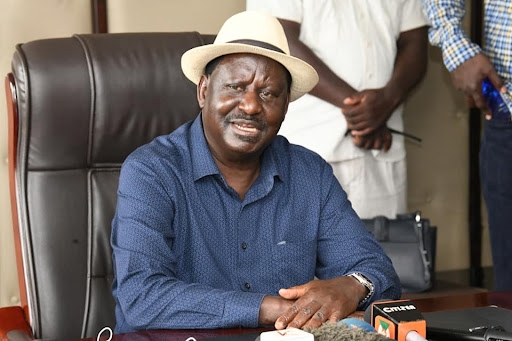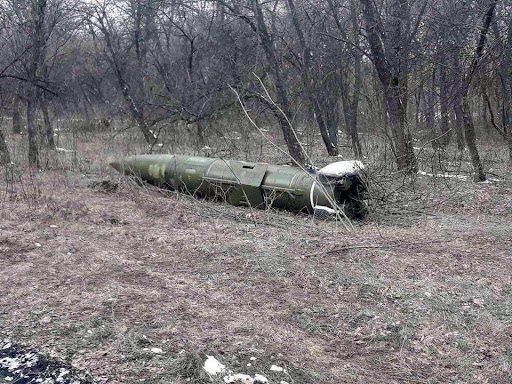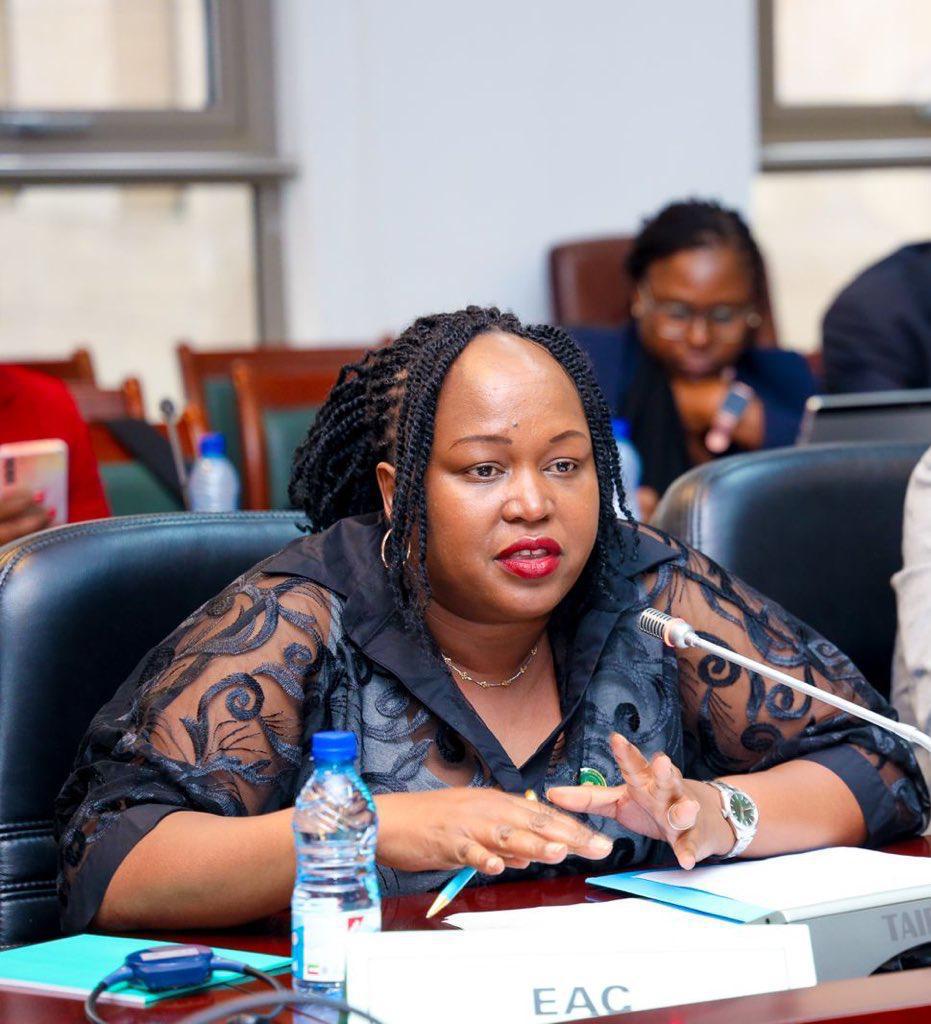
The East African Community (EAC) Secretary General Veronica M. Nduva has called for a unified, continent-wide resource mobilisation strategy to replace fragmented and duplicative efforts and to strengthen Africa’s resource coalition.
This comes as the African continent continues to grapple with limited resources to finance its development agenda and ambitions.
Nduva observed that while the region has held various forums deliberating on strategies to pool resources for the continent, there is need for a harmonised and streamlined approach to deliver a common strategy.
The SG was was speaking at a high-level roundtable convened by the African Union Development Agency-NEPAD, in Malabo, Equatorial Guinea, on the sidelines of the 7th Mid-Year Coordination Meeting of the African Union, Regional Economic Communities (RECs) and Regional Mechanisms.
She emphasised the importance of coordinated action to unlock large-scale financing capable of advancing the goals of the African Union’s Agenda 2063.
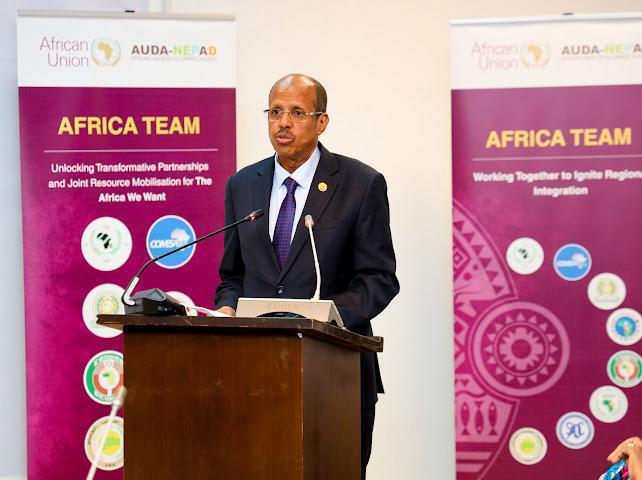
The meeting brought together the Chairperson of the African Union Commission, Mahmoud Ali Youssouf, heads of African Union institutions, Regional Economic Communities, African Union Member States’ representatives, development partners, and other key stakeholders.
The agenda was to deliberate on how to fast-track the realisation of Agenda 2063 through more effective and African-led resource mobilisation.
Nduva advocated for blended financing that leverages public, private, and philanthropic capital.
She urged greater involvement of African philanthropists and the private sector in defining and deepening their contributions.
“It is also critical that we consider the adoption of austerity measures to ensure that resources allocated for projects deliver the intended outcomes,” she stated.
Nduva further underscored the importance of integrating technology into all efforts to strengthen planning, coordination, and implementation.
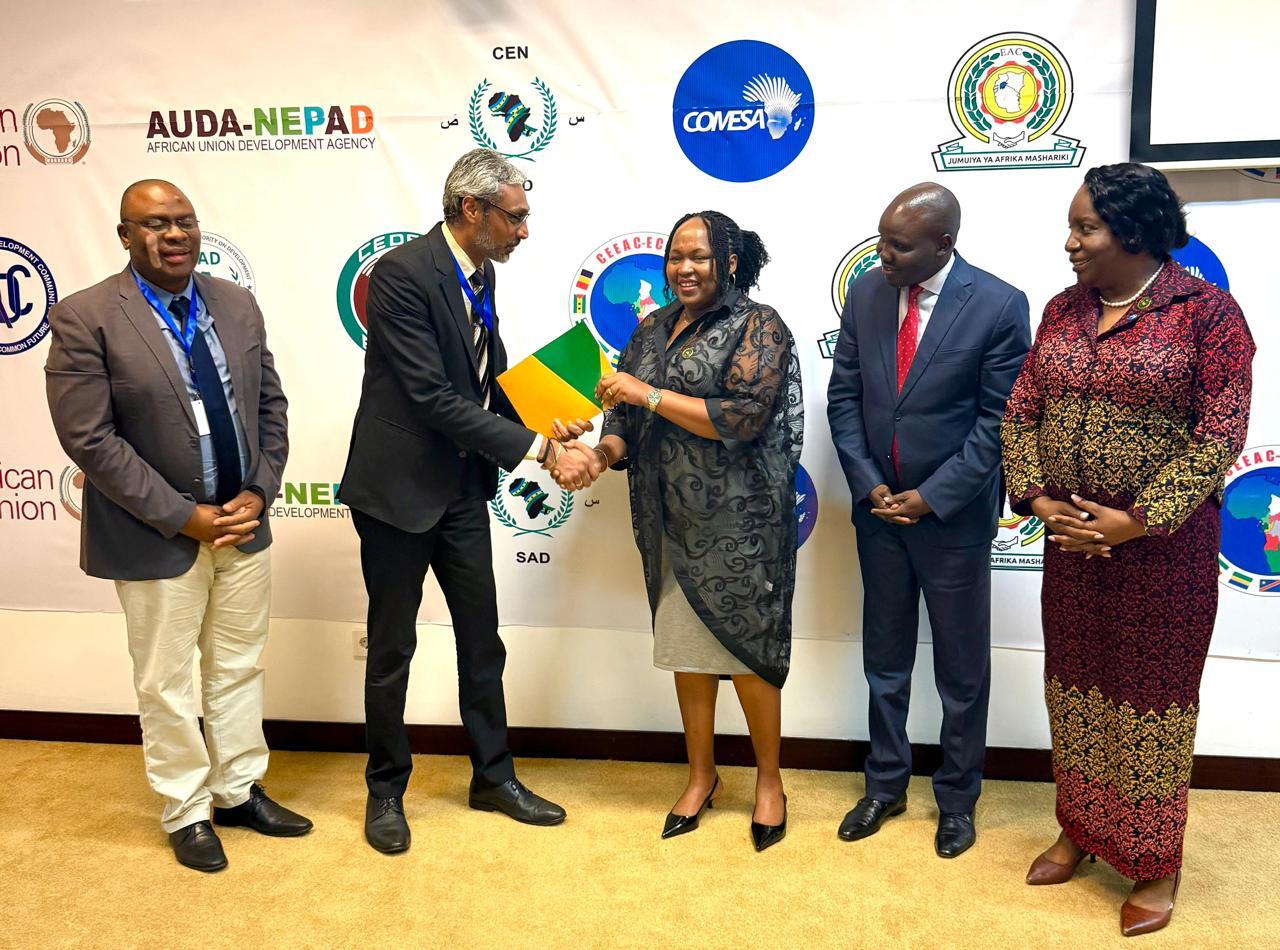
Echoing this call for transformation, the AU Commission Chairperson, Youssouf stressed the urgency of moving away from donor dependency towards a model anchored in African ownership and alignment with the continent’s priorities.
“As we prepare for the official launch of the Tripartite Free Trade Area (TFTA) Agreement during the 4th Tripartite Summit, it is essential that the key instruments critical to the operationalisation of the TFTA are adopted by the next Meeting of the Tripartite Council of Ministers,” he emphasised.
At the same Summit, the EAC took over the Chairmanship of the COMESA-EACSADC Tripartite Task Force (TTF) from the Southern African Development Community (SADC), for the next one year.
The Tripartite Free Trade Area (TFTA) Agreement officially entered into force on July 25, 2024, having reached the required 14 ratifications by Member and Partner States.
Preparations are now underway for its formal launch during the forthcoming 4th Tripartite Summit.
As a key building block of the African Continental Free Trade Area (AfCFTA), the TFTA seeks to integrate the economies of the three regional blocs, eliminate trade barriers, ease the movement of goods, services and people and stimulate industrial growth across the region.
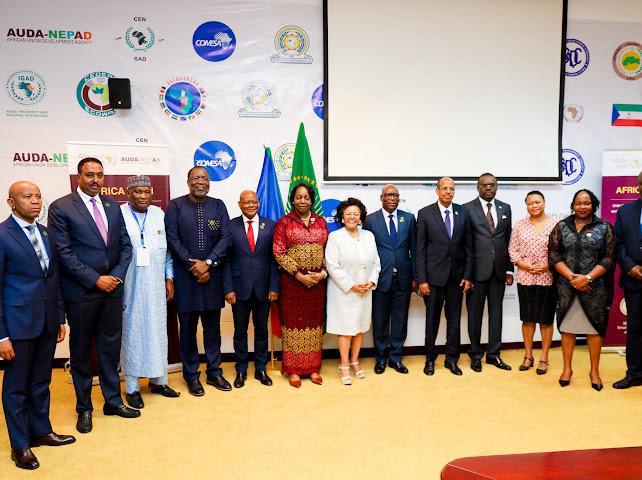
Nduva noted that the EAC will focus on advancing the finalisation and exchange of tariff offers, completion and adoption of the rules of origin, ratification of the TFTA Agreement by the remaining Member/Partner States and ratification of the Tripartite Agreement on the movement of business and persons.
“We are committed to prioritising the operationalization of the agreements made and the revival of the Industrial Development Pillar,” she stated.
Nduva also underscored the importance of strengthening the institutional framework around the TFTA, including the need for a dedicated Tripartite Secretariat to drive coordination and implementation.
“We see the Tripartite FTA as a strategic lever to deepen integration, enhance competitiveness, unlock intra-African trade and advance inclusive industrialisation,” she added.
The meeting also explored options for mobilising resources to support the TFTA’s operations and activities.
The COMESA-EAC-SADC TFTA was first launched in June 2015 in Egypt by Heads of State and Government from the three blocs.
It is anchored on three core pillars; market integration, infrastructure development and industrial development.






